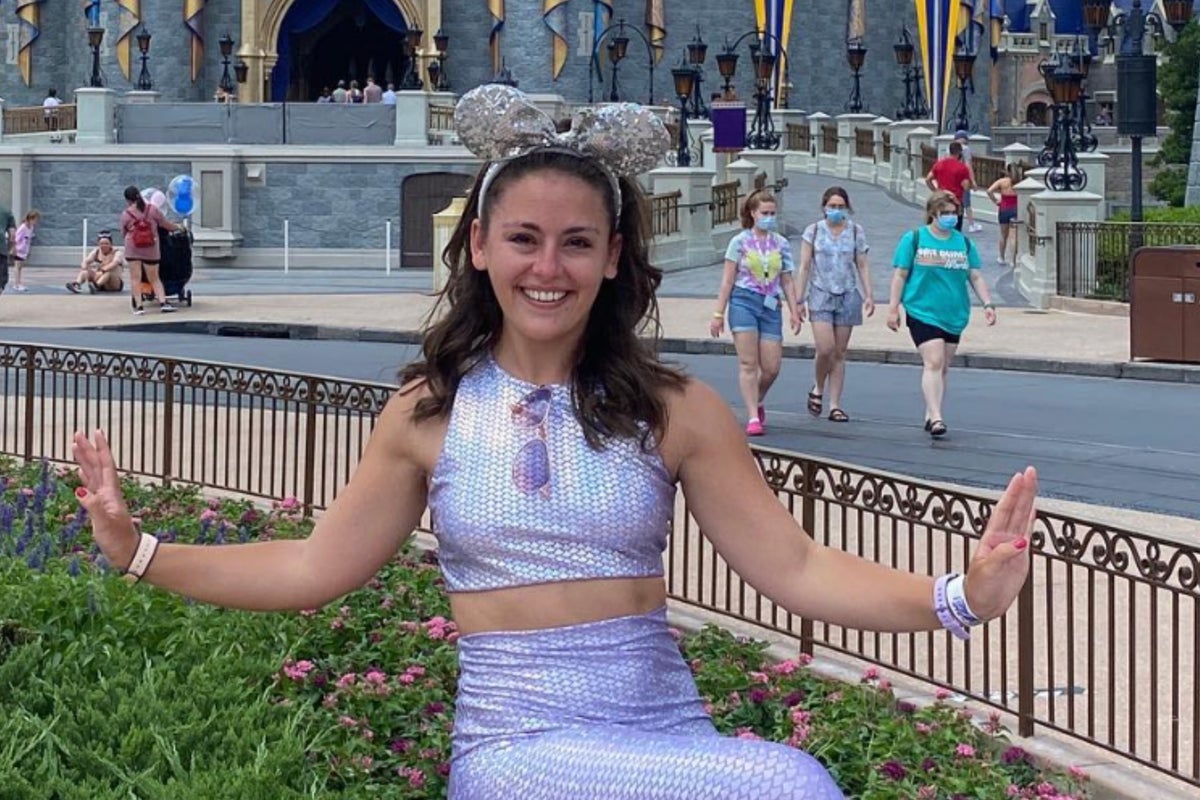James Delaney Scotland
John Swinney said the precedent set ahead of the 2014 Scottish independence referendum should trigger a new poll, if the party wins a majority at the next Holyrood election.
The SNP gained more than half of MSPs in 2011, an electoral triumph that paved the way for a vote on the country’s future.
On Saturday delegates at the party’s conference in Aberdeen backed his strategy ahead of a bid to make the next election a de-facto poll on independence.
But Scottish Secretary Douglas Alexander said the UK Labour government, which would have to approve the move, does not support a second referendum.
Sir Keir Starmer previously said he had no plans to allow a fresh poll to take place during his term as prime minister.
But Swinney told Scotland’s The Sunday Show that the prime minister’s position was “fatuous” due to the “clearly established basis” set out after the SNP’s historic win 14 years ago.
He added: “Precedent is on my side.
“This is what happened in 2011.
“And precedent is a substantial factor in legal consideration of the right of the people of Scotland to decide their own future.”
The SNP leader said that result meant his party was in a “much stronger position” to negotiate a mandate for a new vote should they achieve a majority next year.
Asked if the election should instead be fought on current issues, such as standards of living, Swinney replied: “I would say to people worried about their standard of living, this election should be about independence.
“Because, under the United Kingdom, people’s standard of living has been flat as a pancake for 15 years.”
The first minister said Scotland had to consider if was going to accept “more of this” as well as what he described as a “shift to the right” in UK politics.
He told the programme NHS waiting lists were coming down, GP numbers were going up and more affordable houses were being built in Scotland per head of the population.
Swinney added: “Self-government works for the people of Scotland and if we want to improve living standards, let’s have the choice of independence.”
 Getty Images
Getty ImagesIn the 2011 election, the SNP – then led by the late Alex Salmond – won 69 of 129 available seats.
The party has failed to gain an outright majority in two Holyrood elections since then.
Salmond and the then Conservative Prime Minister David Cameron signed the Edinburgh Agreement in October 2012.
It set out the terms for the 2014 ballot under Section 30 of the Scotland Act 1998.
Scotland voted against leaving the UK by a margin of 55.3% to 44.7% in September 2014.
Any new vote would require Starmer to grant similar assent.
Also appearing on the Sunday Show, Alexander said Swinney was using independence to divert attention away from the SNP’s “horrific” record on public services.
He said he was not sure if he had been listening to “the Grand Old Duke of York or the first minister of Scotland”.
Alexander added: “This is all about marching his troops in that hall up to the top of the hill and then back down again.
“We have heard all of this before.”
Asked if the UK government would say no to a second independence referendum, the Labour MP for Lothian East said he was “working for victory” at the Holyrood election in 2026 and “not anticipating defeat”.
Alexander told The Sunday Show: “I am not going to divulge in his game which is to divert attention from his horrifically bad record on Scotland’s public services by trying instead to provoke an argument about the constitution.”
The Scottish Secretary, who replaced Ian Murray last month, was also questioned about whether he had a “duty to the electorate” to outline what would happen in the event of an SNP majority.
He replied: “I was elected on a very clear manifesto in July of 2024 which said Labour does not support independence or another referendum.
“That’s the mandate on which I was elected and I will adhere to that mandate.”


